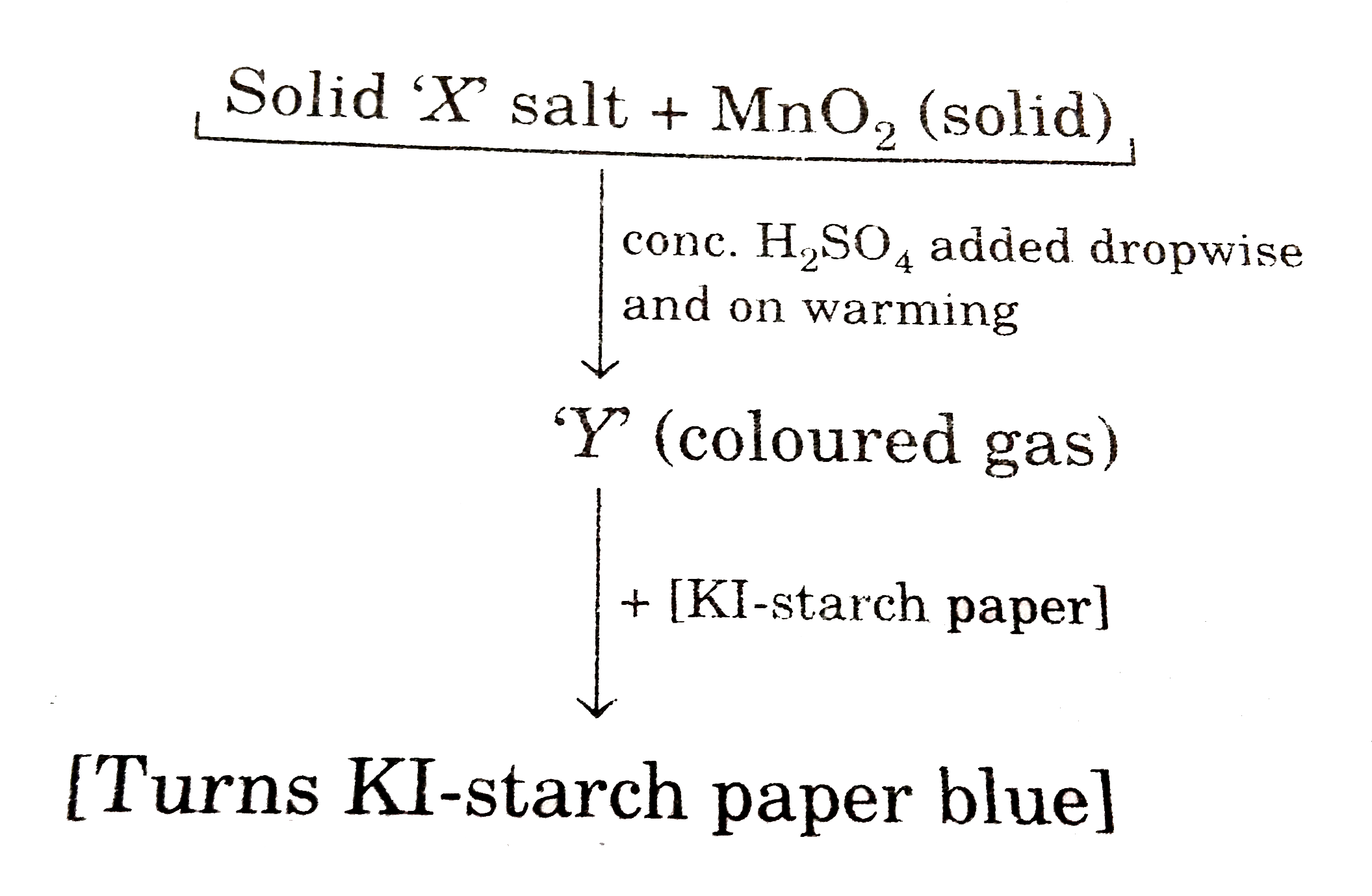Which of the following statement(s) is/are correct in the case of heavy water ?
A
Heavy water is more effective as solvent than ordinary water
B
Heavy water has lower boiling point than ordinary water
C
Heavy water is available easily
D
Heavy water is used as a moderator in nuclear reactor
Video Solution
Text Solution
The correct Answer is:D
|
Answer
Step by step video, text & image solution for Which of the following statement(s) is/are correct in the case of heavy water ? by Chemistry experts to help you in doubts & scoring excellent marks in Class 11 exams.
Updated on:21/07/2023Topper's Solved these Questions
Similar Questions
Knowledge Check
Which of the following statements(s) is/are correct?
AAldehydes are generally oxidised under vigorous conditionsBKetones are easily oxidised to carboxylic acids even under mild oxidising agentsCOxidation of ketone involves carbon-carbon bond cleavage to give a mixture of carboxylic acids having lesser number of carbon atoms than the parent ketonesDAll of the aboveWhich of the following statements (s) is/are correct ?
AIn an inertial frame Wconservative+Wnon-conservative+Wother -force=K2−K1BIn a non - inertial frame : Wconservative+Wnon conservative +Wother -force+Wpseudo - force =K2−K1CWork done by conservative forces is independent of path followed .DWork done by non - conservative forces depends on path followed .Which of the following statements (s) is/ are correct ?
AKetones are generally oxidised under vigorous conditionsBldehydes are easily oxidised to carboxylic acids even under mild oxidising agentsCOxidation ketone involes carbon-carbon bond cleaveage to give a mixture of carboxylic acids having lesser number of carbon atoms than the parent ketonesDAll of the above
Which of the following statements (s) is/are correct ?
View Solution
Which of the following statement(s) are correct?
View SolutionWhich of the following statements (s) is (are) correct?
View SolutionWhich of the following statements (s) is (are) correct?
View SolutionWhich of the following statements (s) is (are) correct?
View Solution

